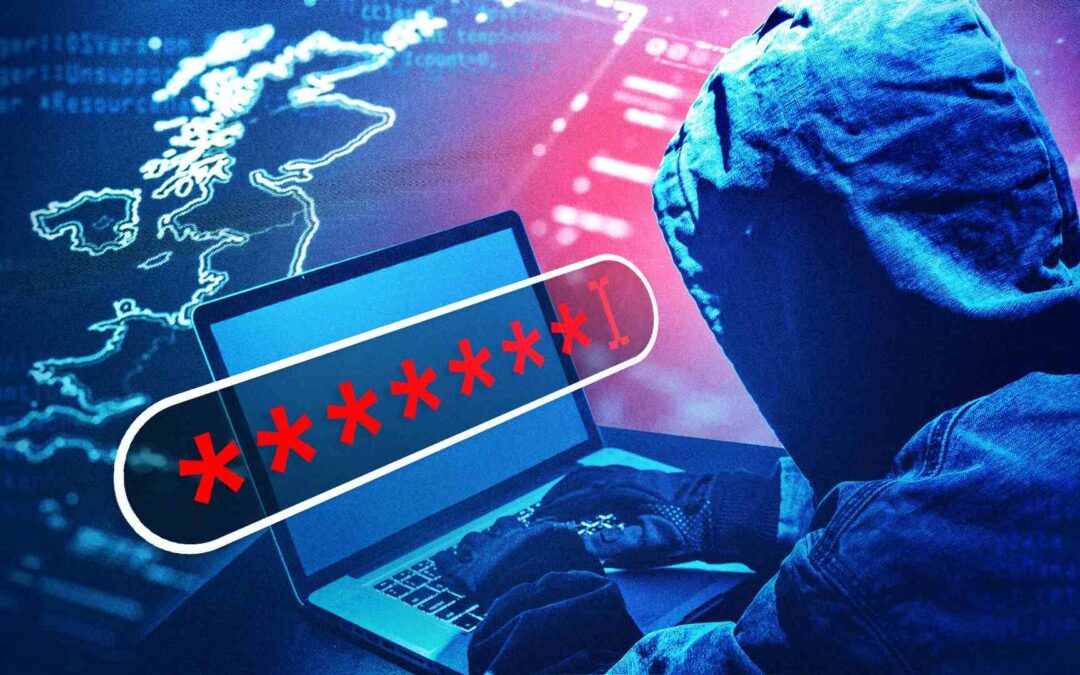Synopsis: MetaMask, Phantom, WalletConnect, and others join SEAL to build a global phishing defense network, enabling real-time threat detection and cross-wallet alerts to strengthen crypto security.
A sweeping move is reshaping crypto security. MetaMask and other leading wallet firms have joined hands to stop the next major phishing assault. After crypto thieves drained more than $400 million in the first half of 2025, the industry finally seems united.
MetaMask, Phantom, WalletConnect, and Backpack have teamed with the Security Alliance (SEAL) to launch a global phishing defense network. The project aims to enable any user to help identify emerging threats in real time. As the MetaMask team said, “We’ve joined forces to protect more users across the entire ecosystem.”
Honestly, it’s about time. Crypto users have endured months of losses, and security teams were always catching up. Now, these wallets want to flip the script creating what SEAL calls a “decentralized immune system” for crypto security.
Decentralized Shields
At the core of this new network is SEAL’s “verifiable phishing reports” system, introduced last week. It gives researchers the tools to prove whether a site truly hosts phishing content. This data-driven approach helps prevent false alarms and ensures that real threats receive immediate attention.
Under this setup, reports flow directly between wallets. Verified data triggers automatic alerts across the network, warning millions of users instantly. “Anyone with a valid report can activate phishing warnings in real time and without any special permissions,” SEAL explained.
To be frank, this shared pipeline feels like the missing link in crypto security. Many wallets have worked alone for years, updating blocklists manually while attackers stayed one step ahead. A common defense system shows how far collaboration has finally come.
Fighting the New Breed of Drainers
While old-school phishing scams relied on fake emails or cloned pages, 2025’s attackers play faster. SEAL researchers found that modern “drainers” keep shifting domains, evade scanners, and even move their servers offshore. It’s an endless chase between hackers and defenders.
“Ohm Shah of MetaMask called it a constant cat and mouse game,’” noting that working with SEAL makes wallet teams more agile. The cooperation, he added, helps them “throw a wrench at the drainer’s infrastructure” before damage spreads.
Personally, I like that phrasing it shows urgency. Every week seems to bring a new breach, leaving users shaken and regulators alarmed. An agile, cross-border defense could help restore some trust in an industry often criticized for lagging on safety.
Expanding Reach and Impact
CertiK data shows phishing attacks caused the highest number of crypto incidents this year. That figure alone underscores why this coordinated network matters. When one wallet detects danger, every partner can respond at once. SEAL wants the system deployed “on as many wallets as possible,” ensuring that protection keeps pace with innovation.
By linking detection tools across companies, the alliance promises swifter responses and fewer victims. The shared warnings, running in real time, aim to save both time and funds. More importantly, they could finally convince ordinary users that crypto isn’t always a risky game.
As the Web3 world matures, responsibility must grow with it. Crypto wallets are evolving from private tools into public platforms. Stronger defense cooperation might be the industry’s best chance to show that lessons have been learned after $400 million vanished in months.
To be honest, the move feels reassuring. Security often trails hype in crypto, but this time, innovation leads the charge. The collective push against phishing could mark a turning point one where users, not hackers, finally take back control.
Written By Fazal Ul Vahab C H

